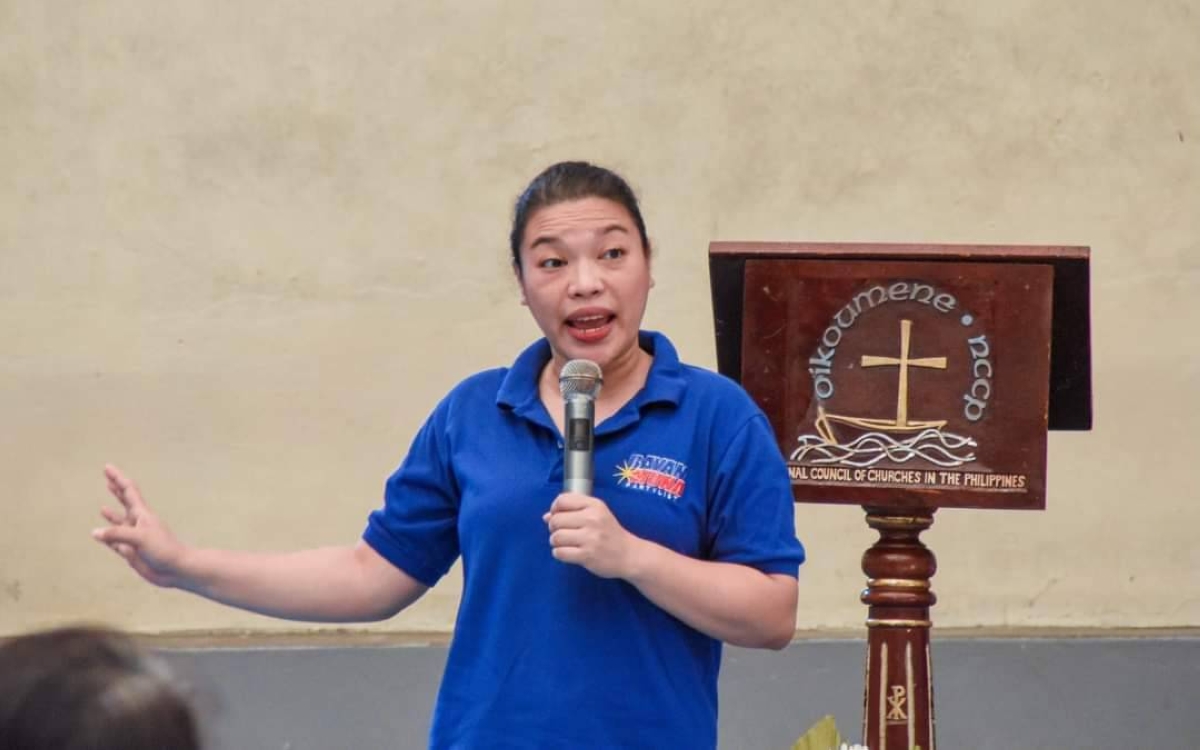Lawyer: Bid to challenge jurisdiction of ICC to fail

(UPDATE) THE efforts of former president Rodrigo Duterte's defense team to undermine the jurisdiction of the International Criminal Court (ICC) or secure his temporary release are almost certain to fail, one of the lawyers representing drug war victims has argued.
"I've studied jurisprudence. These motions — questioning jurisdiction, asking for interim liberty — are highly unlikely to succeed," Kristina Conti said in an interview.
Conti said Duterte appears to be following a familiar legal strategy — delay and deflect.
His allies have hinted at questioning the court's authority and invoking Philippine sovereignty. But the ICC, which ruled in 2023 that it retains jurisdiction despite the Philippines' withdrawal from the Rome Statute, has been firm on its legal footing.
"That debate is settled," Conti said. "Withdrawal from the ICC does not erase the court's power to investigate crimes committed while a country was still a member. The acts in question happened while the Philippines was under the court's jurisdiction."
Any attempt to rehash the jurisdiction issue, she said, would not only be legally weak but also perceived to be an attempt to delay the proceedings.
Duterte's legal team is also reportedly exploring avenues to secure his temporary release on humanitarian or political grounds. But Conti was again skeptical.
"We've seen these arguments before — old age, poor health, national interest — but the court is guided by law, not emotion," she said. "Temporary liberty is rare and reserved for very specific, extraordinary cases. Duterte's situation does not meet that threshold."
Moreover, the ICC detention center provides humane conditions, rendering arguments about inhumane treatment or risk to health largely moot, Conti said.
If Duterte wants any hope of defending himself, Conti said, he must participate in good faith and present a substantive legal defense.
"He should engage with the court, face the evidence, and respond to the charges. That is the only viable strategy left," Conti said.
The trial is expected to feature not only forensic and testimonial evidence but also victim participation — a unique aspect of ICC proceedings.
Victims can submit impact statements and, in some cases, testify directly. Conti, who represents several victims' families, said their testimonies will be both legally and emotionally powerful.
"The victims are not just passive observers," she said. "They are part of this process, and they will be heard."
Although the ICC is a legal institution, Conti acknowledged that a trial carries tremendous political weight.
Duterte remains a polarizing figure in Philippine politics, and any courtroom development is likely to spark fierce debate at home.
But Conti warned against turning the case into a political spectacle.
"This is not a political trial. This is a criminal trial. It's about facts, law, and accountability," she said.
She expects Duterte's defense team to argue legal points inside the court, while waging a public relations battle outside it.
Conti anticipates "a long, meticulous process. There will be motions, delays, and emotional highs and lows. But justice is a marathon, not a sprint."
For now, Conti urges patience — and vigilance.
"The ICC system works when we hold it accountable, too. But more than anything, we must remember who this trial is really for: the victims, the families, the silenced," she said.











